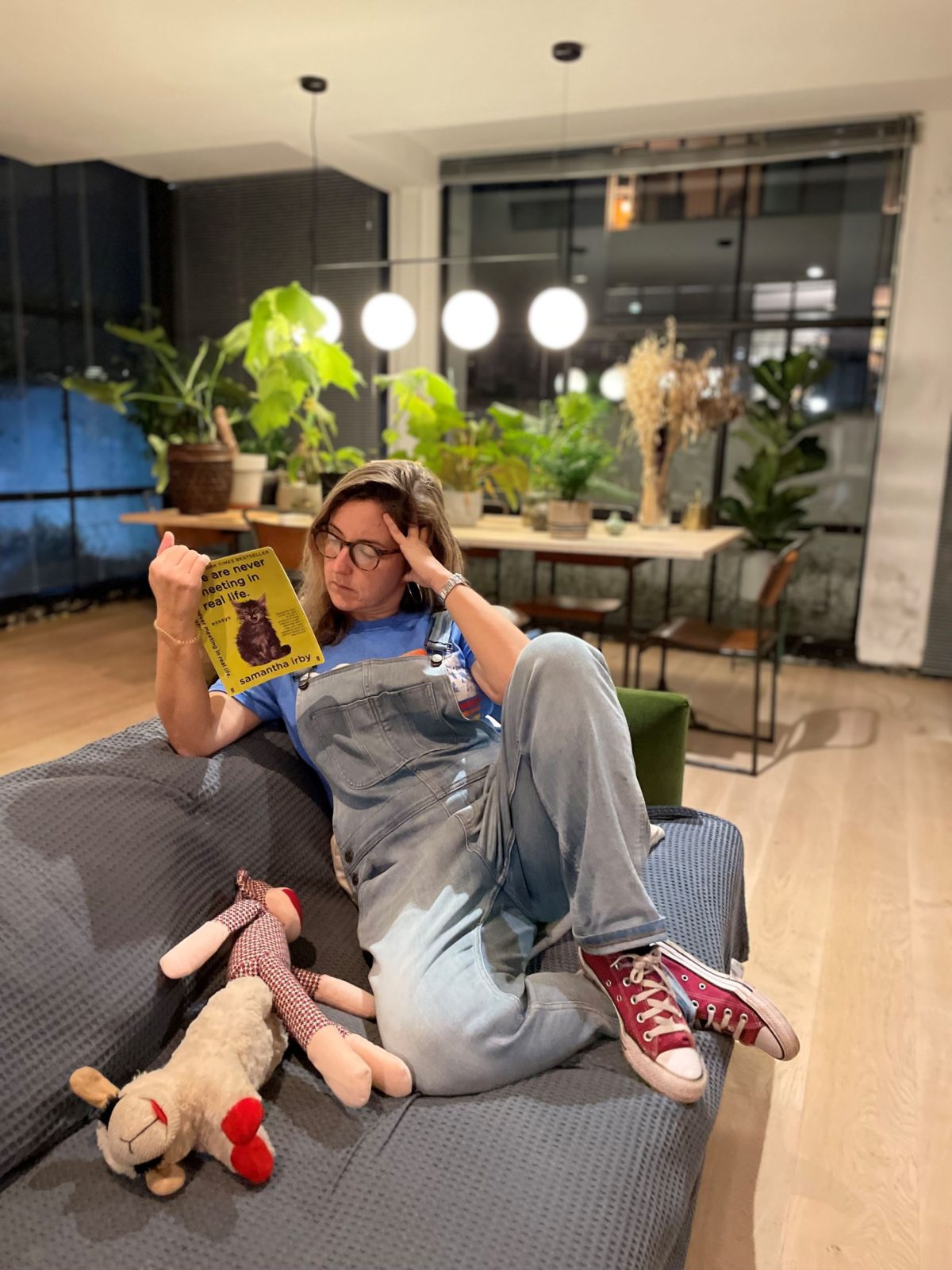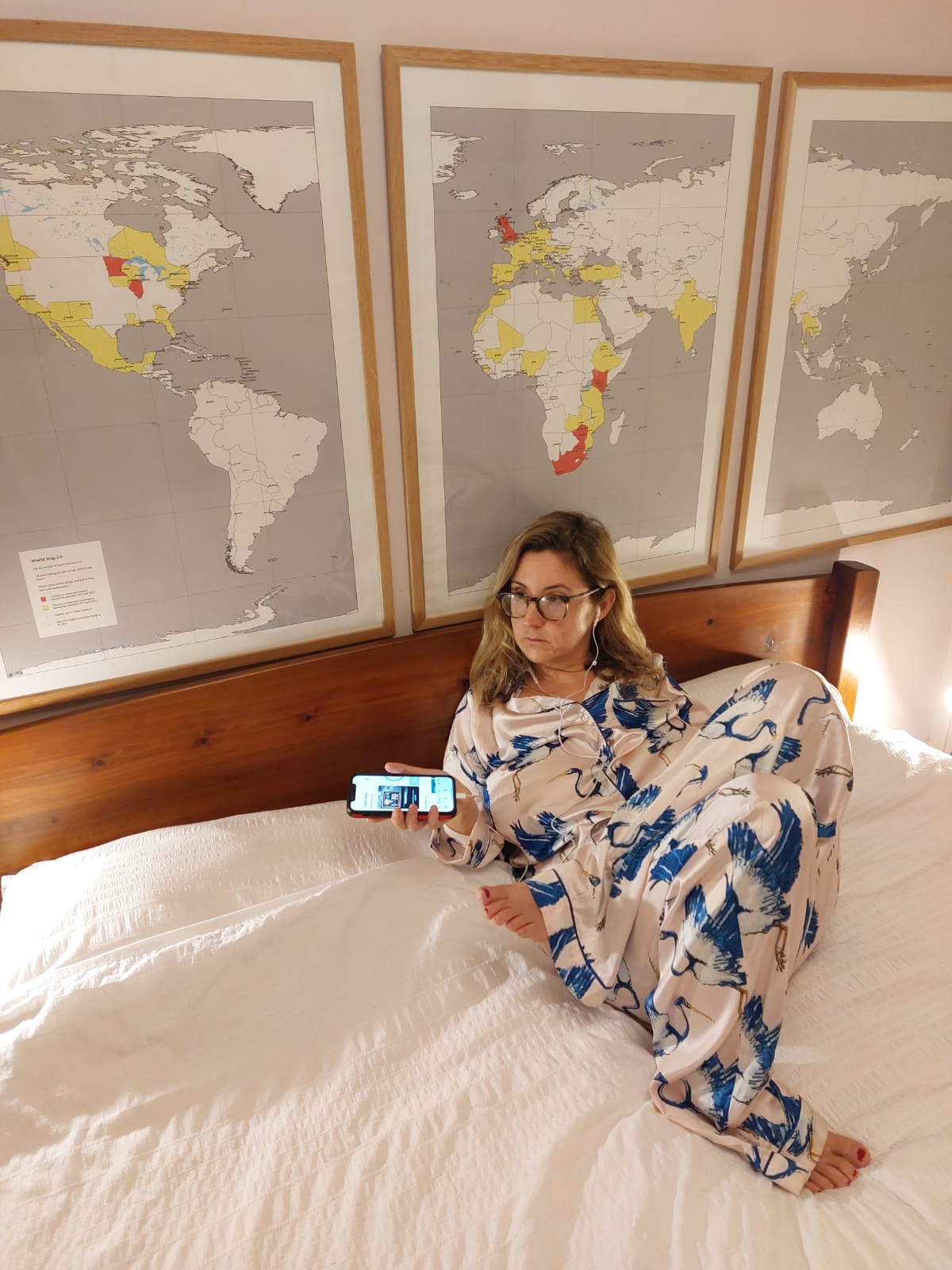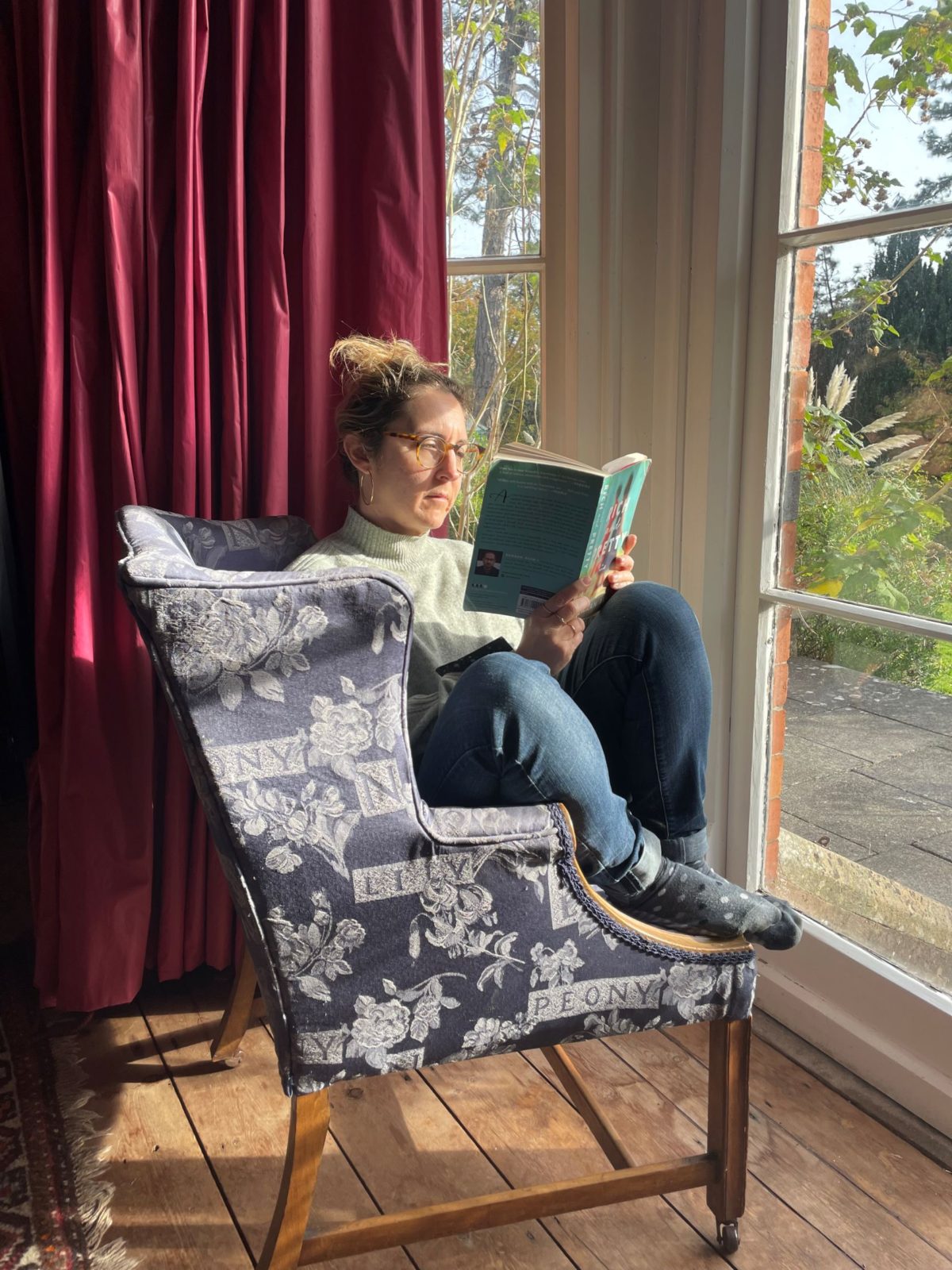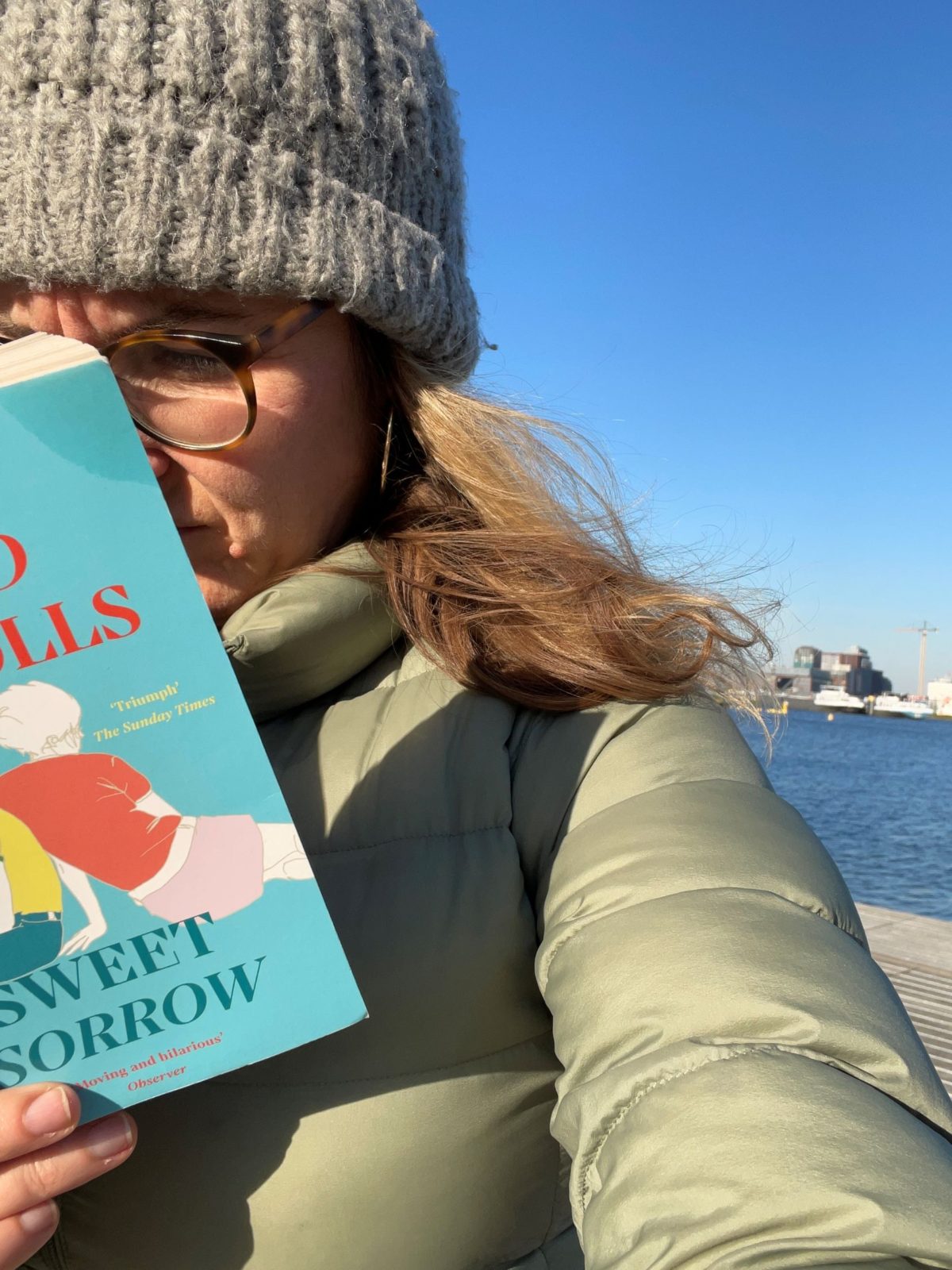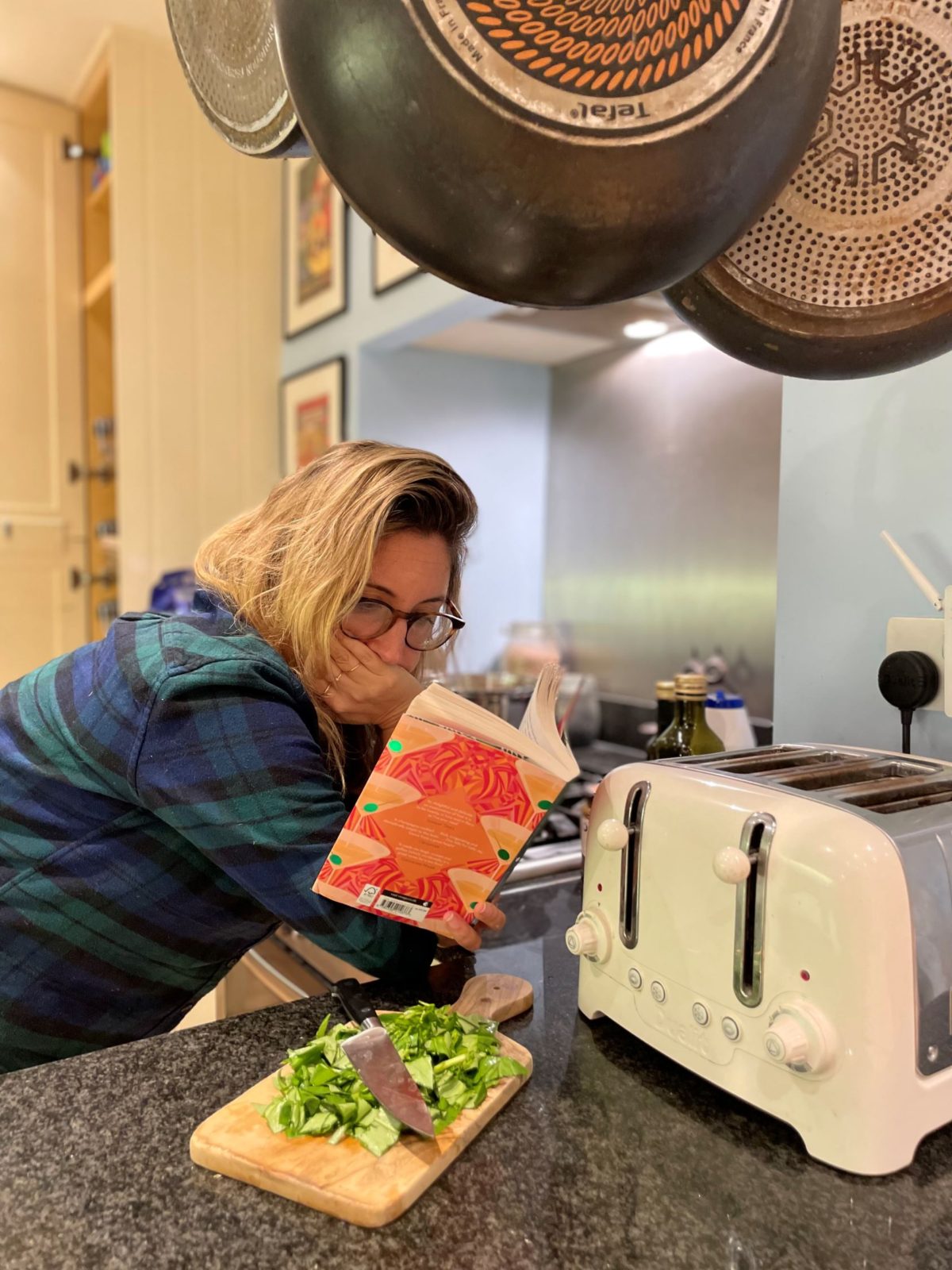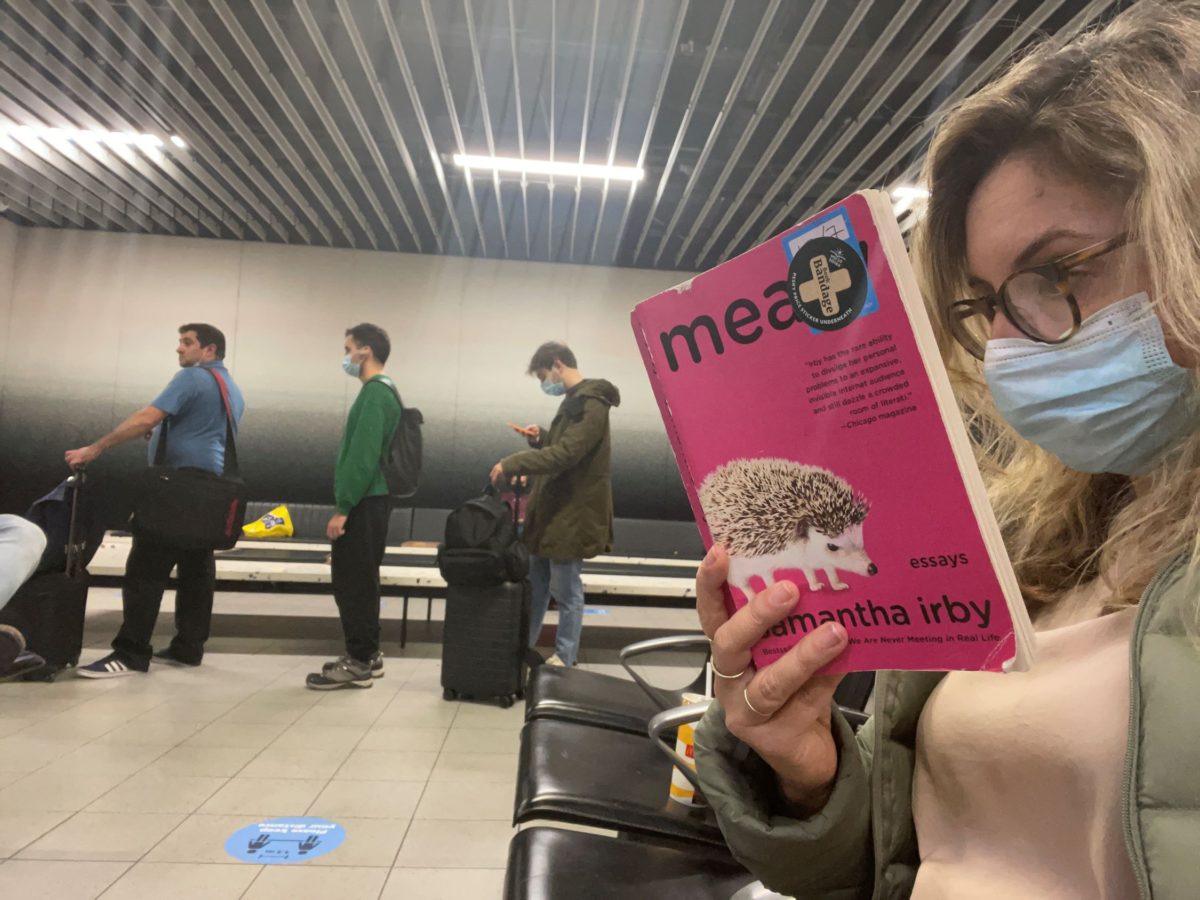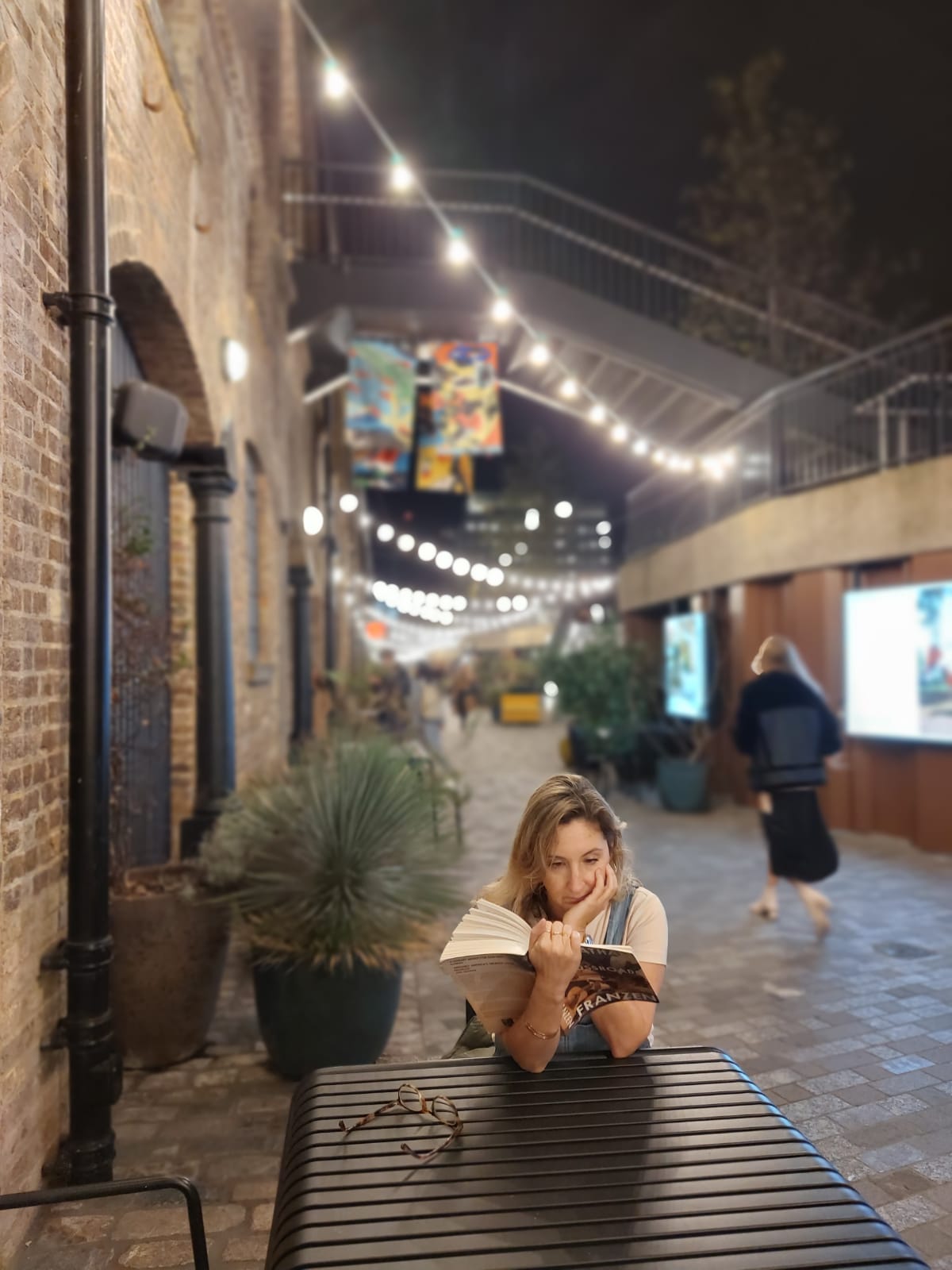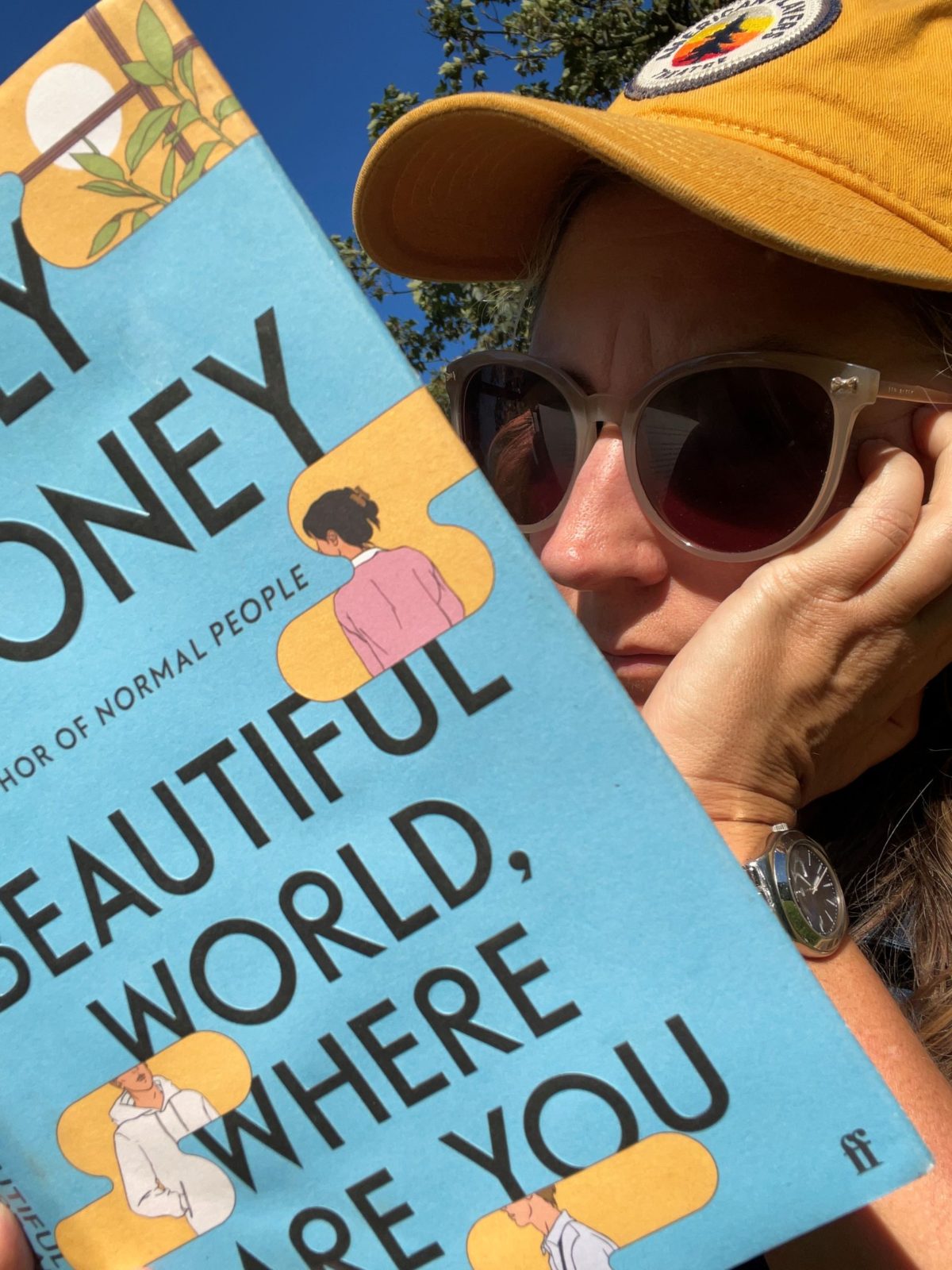Here is the third book I have read by a vetrenarian’s receptionist in Chicago. I liked the other two but I LOVE THIS ONE. Like, get ready, because when I really like a book I like to quote from it AT LENGTH.
It’s a series of comic essays about what is a fairly difficult life. Where most people dedicate their book to a spouse, her’s is dedicated to her anti-anxiety medicine, Klonopin.
We learn about what goes on in a vet’s office. Sample
Question: Why is there a worm coming out of my dog’s penis?
Answer: That is his penis.
She is “fiercely private IRL. Which is to say that . . I never want anyone to see my actual pores or clothes.” Eventually therefore she meets the woman who will be her wife online . . on Twitter (do people meet people on Twitter?):
We moved the conversation to DM, and I really need you guys to know that it physically pains me to both have participated in something called a DM and to recount what happened in one to you now.
MWAHAHAHA. Why is this hilarious? I don’t know. She has never been with a woman before, and it is not as easy as she had thought:
I expertly slid my female hand under her bra and unhooked it with the flick of a wrist in one smooth, effortless motion. JK, FOLKS. I wrestled with that clasp like an alligator, finally resorting to the use of a chain saw and my teeth.
Eventually she agrees to move to rural Michigan with her. I love this vision of country life:
I could wake up to the sound of crowing roosters or methheads at sunrise, consume a platter of buttered carbohydrates, hitch up my overalls, and grab my watering can from the shed. That would be a dream. I’m sick of news, and buying stuff, and trying so desperately to have fun all the time.
I think what I most admire though is the honesty of the book, even among the jokes. Here she is on being fat:
I wish that I was an emotionally healthy human without years of accumulated trauma, one who just decided to be a fat caricature of a person perched gleefully atop a mountain of doughnuts, shoving candy bar after candy bar between my teeth while cackling demonically over how much money my eventual care will cost taxpayers or whatever it is comments-section trolls always accuse fat people of doing. And I don’t need sympathy or special attention because, ultimately, who even cares? You hate me, and I hate me too. We are on the same team. I guess what I’m saying is that maybe we could all just mind our own fucking business for once, and that when you can actually see a person’s scars, maybe be a pal and don’t pick at them.
Who knew so much went on inside receptionists. Of course, so much goes on inside everyone. But we rarely get to see it

